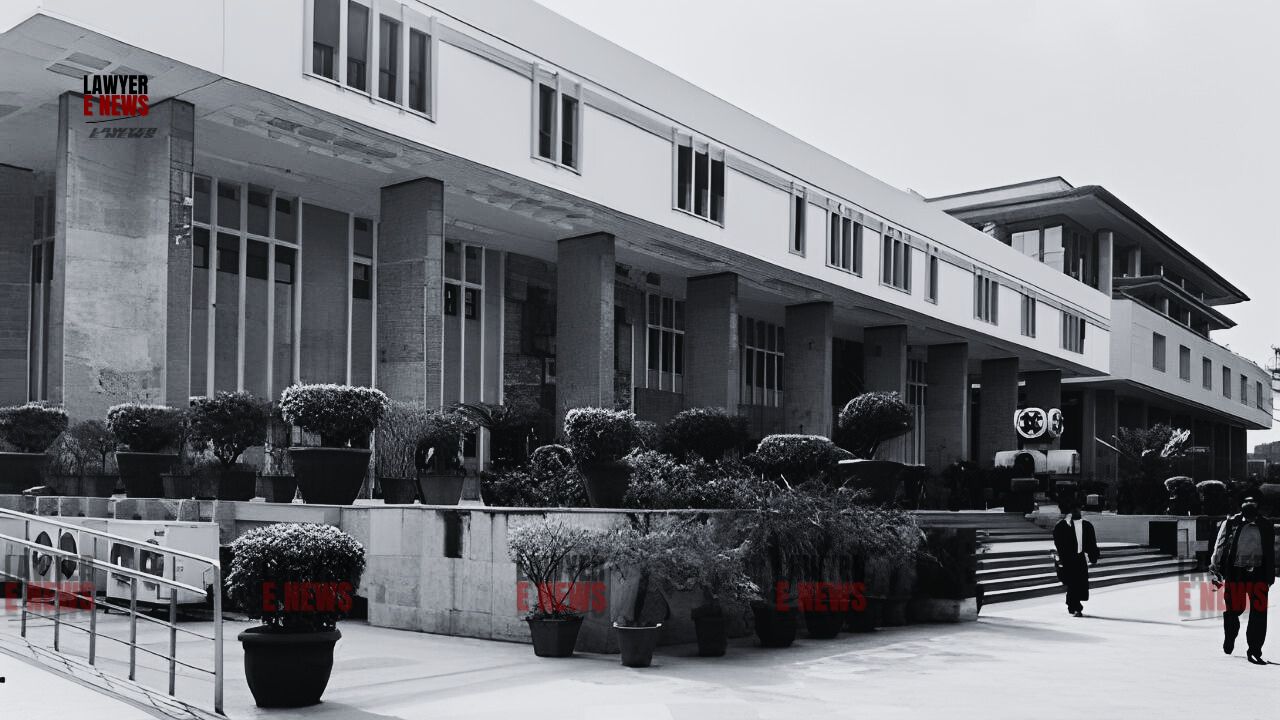-
by Admin
15 February 2026 5:35 AM



The Delhi High Court has dismissed objections raised by the judgment debtor in a prolonged legal battle involving the execution of a decree that stems from a 2005 lawsuit seeking the dissolution of a partnership in M/s Hotel Marina. The court, presided over by Justice Navin Chawla, upheld the decree's execution, emphasizing the decree holder's consistent readiness to fulfill obligations under the settlement agreement and criticizing the judgment debtor's unjustified refusal to perform reciprocal obligations.
The legal dispute dates back to 2005 when Mrs. Vibha Mehta, the judgment debtor, filed a lawsuit against M/s Hotel Marina, a partnership firm in which she and her father-in-law each held an 8% share. The suit sought the dissolution of the firm and the rendition of accounts. The parties reached a settlement in 2006, which was decreed by the court. Under the settlement, the decree holder agreed to pay Mrs. Mehta Rs. 2 crores in exchange for her share in the firm and related rights, but execution of the decree has since been entangled in a series of legal challenges.
Readiness and Willingness to Perform: Justice Chawla highlighted that the decree holder had demonstrated readiness and willingness to pay the agreed sum well before the stipulated deadline of March 30, 2006, by preparing a demand draft on March 20, 2006. The decree holder also circulated the necessary documents for execution. However, the judgment debtor raised objections to these documents, which the court later found to be frivolous and unjustified.
The court applied Sections 51 and 52 of the Indian Contract Act, which govern the performance of reciprocal promises. It concluded that since the judgment debtor was unwilling to fulfill her part of the settlement, the decree holder was justified in withholding payment. The judgment emphasized that where a contract includes reciprocal promises, one party is not obliged to perform unless the other party is ready and willing to do so.
Justice Chawla noted, "The decree holder was always ready and willing to perform his obligation under the Settlement Agreement/Decree. It was only the judgment debtor who was refusing to perform her obligation under the Decree, which, as has been discussed herein later, was for unjustified reason."
The Delhi High Court's decision reaffirms the importance of good faith and timely execution of settlement agreements. By dismissing the objections and allowing the execution of the decree, the court has reinforced the legal principle that a party cannot refuse to perform its obligations and still expect enforcement of the contract in its favor. This ruling is likely to impact future cases involving the execution of decrees and settlement agreements, particularly in complex partnership disputes.
Date of Decision: August 20, 2024
M/s Hotel Marina & Anr. vs. Mrs. Vibha Mehta
